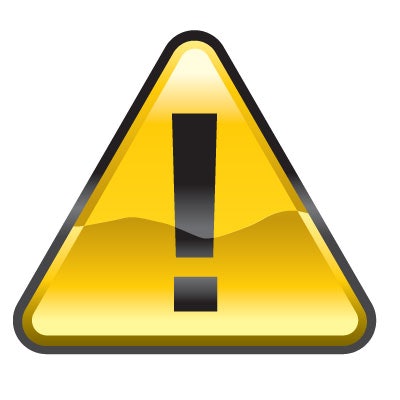
Point-of-care ultrasound (POCUS) and missing patient implant data for MRI exams are listed among the top 10 health technology hazards for 2020, according to a new report released October 7 by healthcare consultancy ECRI Institute.
POCUS scanners are portable, relatively inexpensive, and easy to use -- all features that have contributed to their rapid adoption into clinical practice, ECRI noted. But POCUS's speedy implementation has "outpaced policies and practices that could prevent misuse or misdiagnosis," the institute said.
Safety concerns around POCUS include using the technology inappropriately, misdiagnoses, and overdependence on portable ultrasound when a patient really needs a more comprehensive imaging exam.
"Safeguards for ensuring that POCUS users have the requisite training, experience, and skill have not kept pace with the speed of adoption," ECRI said. "The lack of sufficient oversight increases the potential that patients will be adversely affected by problems associated with use, or lack of use, of the technology."
The institute suggests that POCUS quality assurance policies should address user training and credentialing, exam documentation, and data archiving.
As for MRI, the report calls specific attention to missing patient implant data, which can put patients in danger and delay MRI exams.
"Some implants can heat, move, or malfunction when exposed to an MRI system's magnetic field," the ECRI said. "Thus, MRI staff must identify and follow any contraindications or conditions for safe scanning prescribed by the implant manufacturer."
But information about patient implants can be difficult to track down, since there is often no single place within the electronic health record (EHR) to make note of it, according to ECRI.
"Direct harm to the patient is possible if a scan is inappropriately conducted in the presence of an unidentified implant," the ECRI said. "Also, the patient's treatment can be adversely affected if a scan needs to be postponed while care providers search for implant information. Healthcare facilities should work with their EHR provider to create an implant list stored within the patient record."
Other hazardous issues on the ECRI list include surgical stapler misuse, sterile processing errors in medical and dental offices, unproven surgical robotic procedures, medication timing errors in patient EHRs, and loose nuts and bolts in medical equipment.
"[This] list identifies the potential sources of danger that we believe warrant the greatest attention for the coming year," ECRI said. "The list does not enumerate the most frequently reported problems or the ones associated with the most severe consequences -- although we do consider such information in our analysis. Rather, the list reflects our judgment about which risks should receive priority now."





















